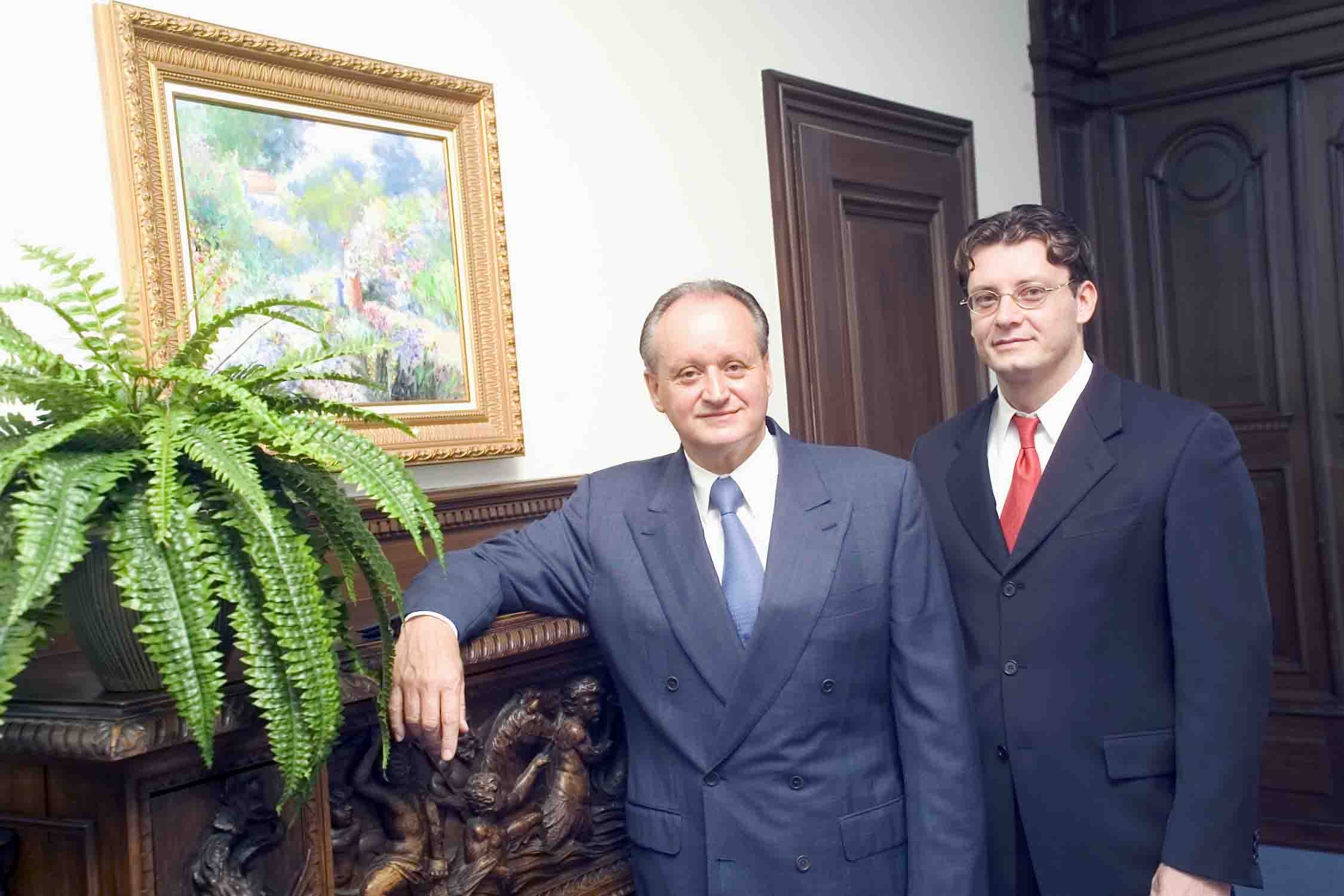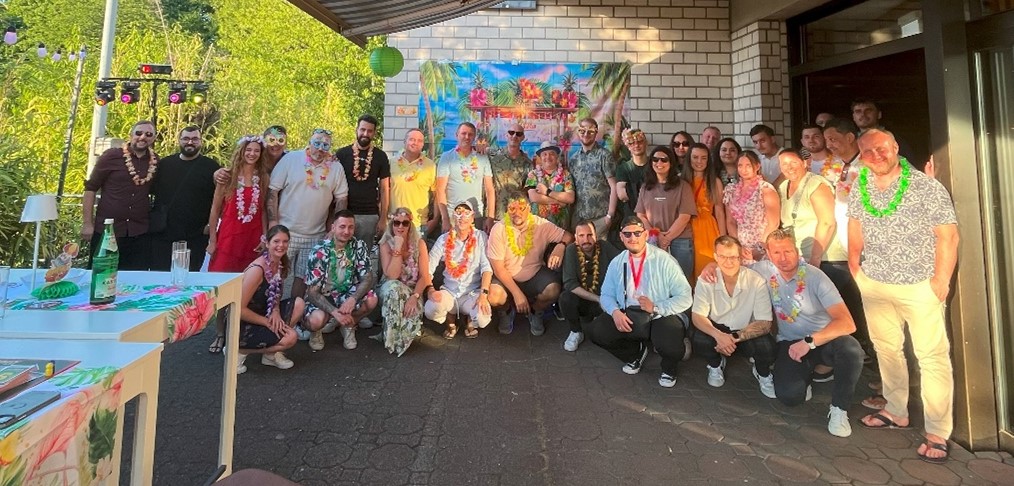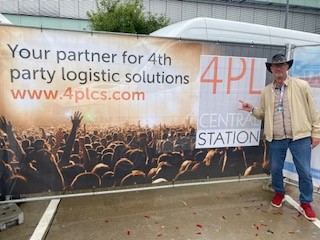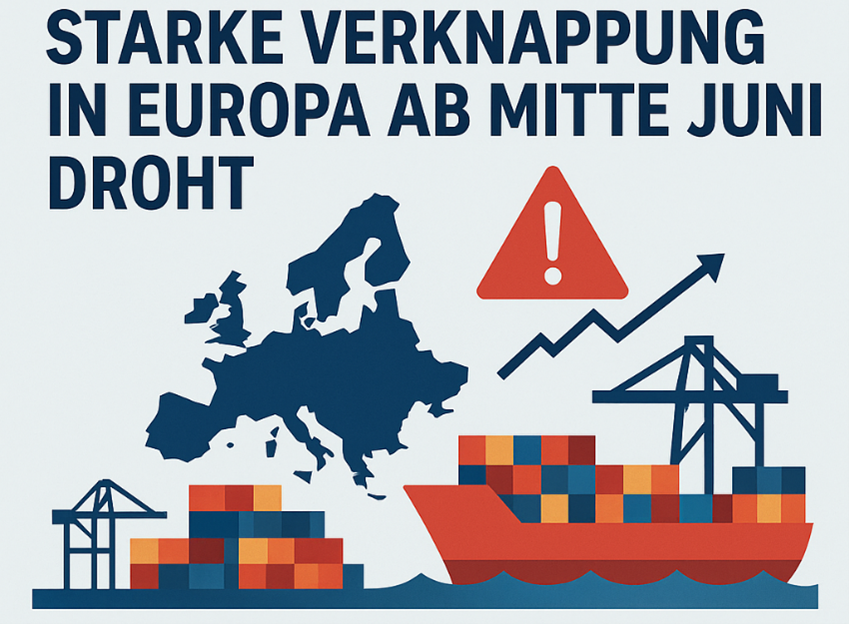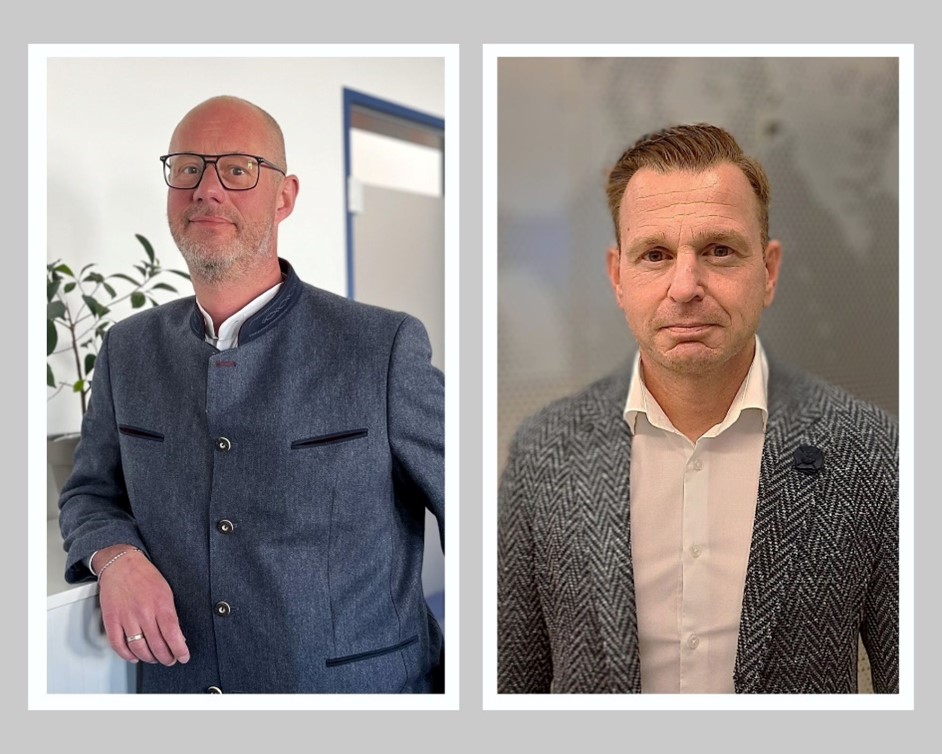Skilled workers from abroad: Two storiesthat show how unnecessarily difficult the path to Germany is
Germany is desperately looking for skilled workers – but companies that havetried to hire employees from abroad know: between the decision and the firstday of work, there are often months or even years. Bureaucracy, long waitingtimes, and financial hurdles make it almost impossible to hire someone at shortnotice. A major and, above all, unnecessary burden for both potential employeesand companies. And often such a big burden that it discourages both sides andprevents collaboration that would benefit everyone. Two examples from ourcompany – luckily with a happy ending – show how complicated the process reallyis.
High hurdles instead of support
Imagine finding the perfect candidate for your team – motivated, highlyqualified, internationally experienced. But instead of being able to startright away, a months-long paper chase begins. That’s exactly what weexperienced when we wanted to bring our colleague Mahmud from Bangladesh toGermany.
Mahmud had already lived in Poland for six years, where he completed his degreein Applied Economic and Social Analysis with an EU scholarship and then workedin our Polish branch in the Master Data Management department. Professionallyand personally, everything fit – he was eager to move to Germany, and we had theright position for him. It should have been a perfect match.
Reality looked different: it took four and a half months just to get the workpermit approved. Not because of missing documents, but because the authoritieswere completely overwhelmed. Only after that could he apply for his visa.
We used the waiting time: Mahmud received intensive onboarding while still inPoland. Two weeks of full-day training in Langenfeld, followed by remotesessions. This way, he was well prepared to hit the ground running as soon ashe finally had official approval. But of course, we would have preferred torely on his support much earlier.
Naturally, we also helped him find housing and take his first steps here.Moving from a major Polish city to a small German town was a cultural shockthat didn’t make integration any easier. Mahmud made it work because he seeshis future here in the long term. But it would have helped if he hadn’t beenforced into unnecessary waiting in the first place.
Neda: A long road to Germany
Our colleague Neda completed her bachelor’s degree in IT in her home country.But after graduation, it wasn’t easy for her to find a suitable job in herfield. She first worked in an office for student affairs. At the same time, herwish to move abroad grew – to gain better educational opportunities,international experience, and a stable career perspective. Germany was herfirst choice.
The journey, however, was extremely long and full of obstacles. First, she hadto learn German – up to level C1 to be admitted to a German university. Inaddition to language proficiency, she also had to provide financial proof ofsupport, a large four-digit sum. What might seem manageable in Europe is oftena huge hurdle abroad, where salaries are much lower. For Neda, it meant savingfor years, repeatedly taking language exams, submitting additional documents,and staying patient. Altogether, it took about six years to get everythingready. No one can accuse her of lacking determination or perseverance.
Then came the next challenge: getting an appointment at the embassy. She had towait 14 months. During that time, her language certificate even expired, so shehad to retake the exam. Anyone who has gone through such a process knows howexhausting it is to be sent from one office to another again and again.
In 2019, Neda was finally able to come to Germany. At first, she got by withpart-time jobs until she eventually received a work permit. That’s when thingsfinally turned around: she joined 4PL Central Station in our BI & Analyticsteam. For the first time, she could really breathe – a permanent job, a stableenvironment, a supportive team. At the same time, she completed her master’sdegree in computer science at Ruhr West University with great success. A truesuccess story that almost failed because of bureaucracy.
.svg)
.svg)


